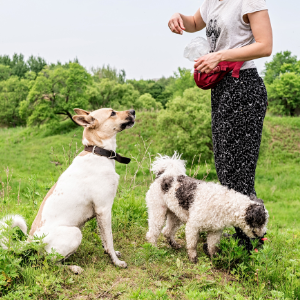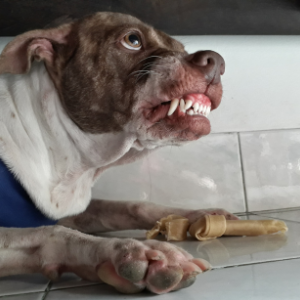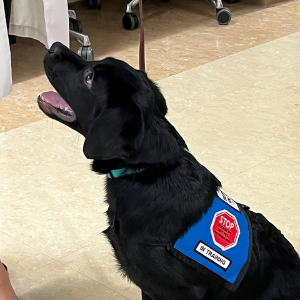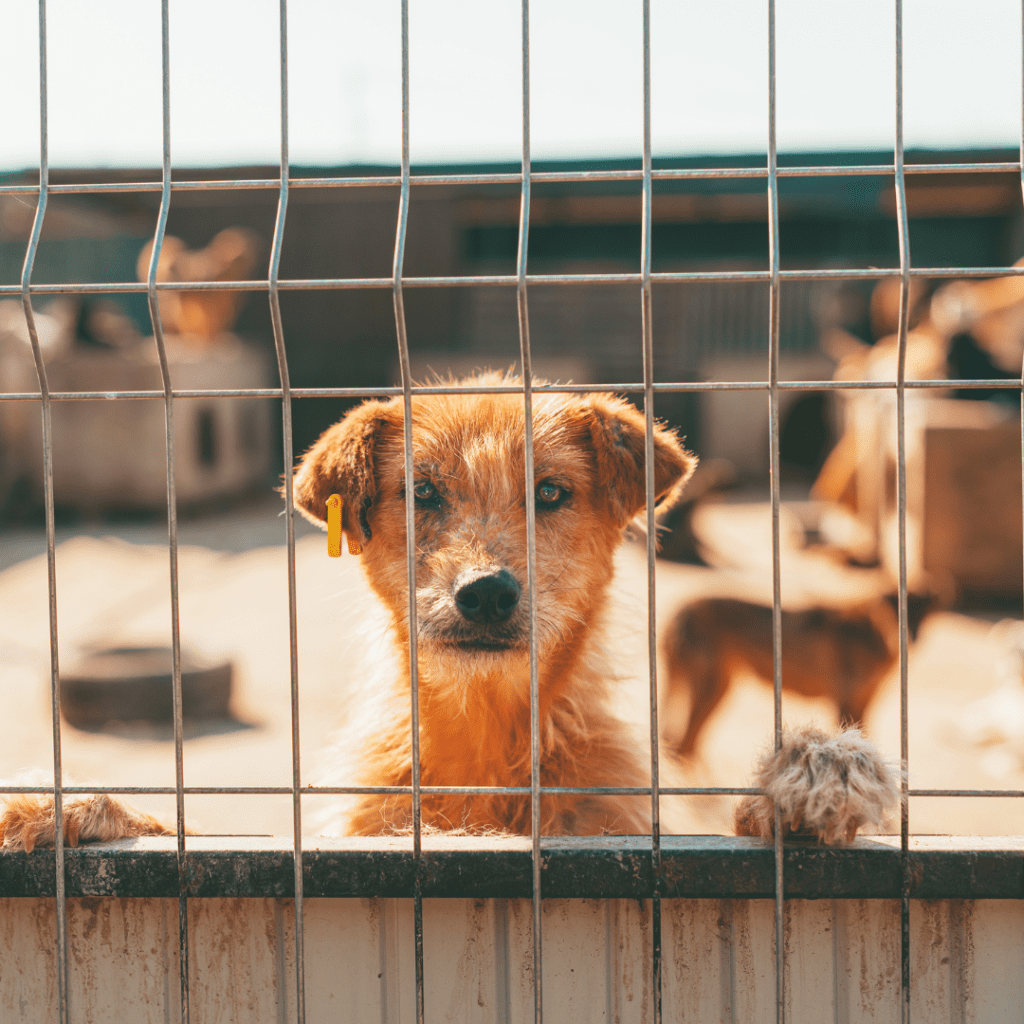Have you been trying to get your dog acclimated to you, the kids, or even the delivery guy who frequents your house and it just seems like no matter what you do, it just isn’t working? You’ve probably tried so many things like getting rid of all the distractions, breaking training up into short sessions, giving a favorite treat as a reward, and so on, only to still not be able to keep your dog’s attention. After putting so much effort into training your dog and not getting anywhere with it, you have to be saying to yourself “I need a trainer for dogs near me – sooner than later!”.
I get it! The time has come and you can’t put it off anymore – you know your dog needs a trainer. So, how do you choose the best dog trainer? Not all dog trainers may be right for your dog – or even you. Before your search begins, ask yourself these questions:
- What do I need to effectively train my dog?
- Has my dog been difficult to housebreak?
- Is my dog chewing on our belongings or barking all the time?
- Is my dog aggressive to other dogs or visitors?
- Is my dog difficult to walk on a leash?
- How is my dog when riding in the car?
Each of these situations requires a different approach and technique, and possibly even a different location, for training so it’s important that you get an understanding of exactly what the issues are so that when you are interviewing trainers, you can ensure that they have experience solving these problems and have the ability to train where you need them.
What to Consider Before Hiring a Trainer
Before committing to a trainer, consider the questions above and determine whether it would be feasible to train your dog elsewhere or if, without a doubt, you’d need to train your dog at your home. When making this determination, you may even want to consider some free webinars or training classes held by Your Dog’s Friend so that you can become more knowledgeable about behavior issues, health issues, and training techniques. These classes are especially good for those who are new dog parents! Equipping yourself with this knowledge can help you make this determination and ask potential trainers the right questions to ensure they are the right fit for you and your dog.
Some other things to take into consideration are:
- Do you need hands-on, more individualized training?
- The age of your dog.
- Is your dog a puppy that is just beginning to learn manners and commands?
- Did you adopt an adult dog that has some behavior or fear issues from the past?
- Are you looking to teach basic commands such as “Sit” and “Stay” or have you reached the point of advanced agility training?
- The breed of your dog – is yours a working dog, such as a herding breed, or is your dog a small companion breed?
- The items you’ll need to effectively train your dog.
Getting Others Input On Dog Trainers
Once you’ve considered these, start asking others who they’ve used and even make a trip to your local pet supply or feed store for recommendations. My personal preference is always to choose a trainer that uses positive reinforcement training. I personally believe this is the most effective method of dog training. Positive reinforcement training essentially focuses on rewarding your pet for good behavior, rather than punishing bad behavior. No matter how much you trust the people you get suggestions from, always interview the trainer. Ask about their training and experience and then evaluate if it matches your needs? Even write a checklist if you have to. Also, The American Kennel Club offers a good article on choosing a dog trainer if you’re looking for more guidance.
Animal Communication as a Resource for Choosing a Trainer
No matter what your training challenge or the trainer you choose, animal communication can really help you! During an Animal Communication consultation, I am able to ask your dog about particular triggers for their behavior.
- Is it fear or aggression driving their reaction?
- What is your pet’s personality – outgoing and friendly or wary and reserved?
Each pet has a unique preference for learning styles and environments. With Animal Communication, we can discover these unique preferences and choose a trainer that best suits their needs. We can ask general questions such as “how do you feel in a large group of dogs?” or get more specific and ask “what is holding you back from entering the tunnel on the agility course?” Once we discover how the environment feels to your dog, we can better select a trainer that matches its unique personality and learning style. This can save you a lot of time and headache when searching for the right trainer!




